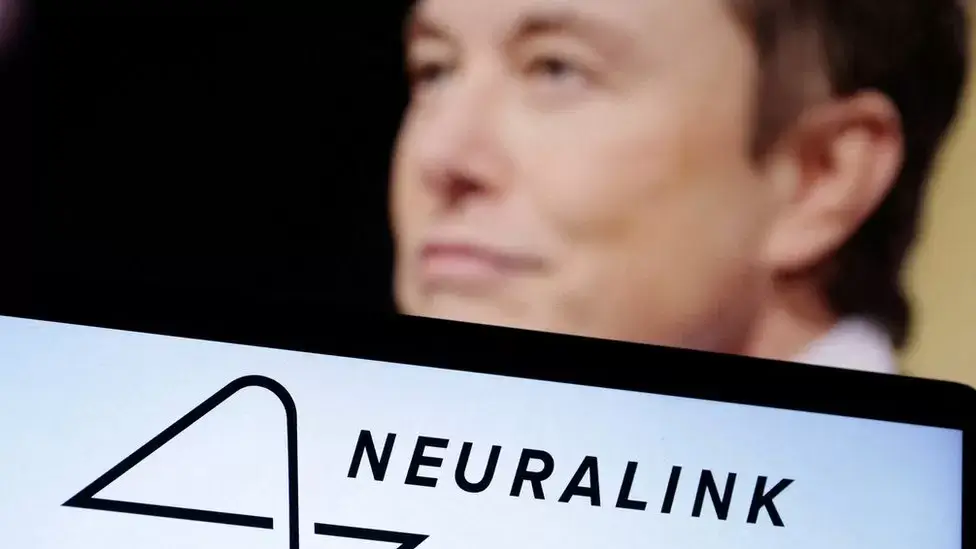Elon Musk’s revolutionary venture, Neuralink, is now taking its boldest step yet, embarking on a quest to connect the human brain with computers through its pioneering brain-computer interface (BCI) technology. The company’s audacious aim is to offer hope to people suffering from paralysis by enabling them to control computers using nothing but their thoughts. This extraordinary development marks a pivotal moment in the intersection of technology and human cognition, though Neuralink faces competition from other pioneers in the field.
While Neuralink’s journey to human trials has been punctuated with challenges and setbacks, including regulatory hurdles, they recently achieved a significant breakthrough: the approval of their first human clinical trial by the US Food and Drug Administration (FDA) in May. The FDA’s green light represented a monumental milestone for Neuralink, bringing Musk’s vision one step closer to reality.
In this landmark trial, Neuralink plans to implant BCIs in 10 individuals, targeting those grappling with quadriplegia due to injury or debilitating amyotrophic lateral sclerosis (ALS). The technology at the heart of this endeavor revolves around a sophisticated, robot-assisted procedure. A fleet of robots will delicately place 64 flexible threads, each thinner than a human hair, into specific regions of the participants’ brains that control “movement intention.”
These cutting-edge threads are connected to Neuralink’s experimental N1 implant, which boasts a wireless rechargeable battery. This implant records and wirelessly transmits brain signals to an accompanying app that meticulously deciphers the user’s intended movements. This remarkable fusion of robotics and neuroscience holds the promise of granting individuals the power to control computer cursors or type simply through their thoughts.
However, Neuralink doesn’t stand alone in this ambitious field. Several competitors, with histories dating back nearly two decades, have already made strides in implanting BCIs in humans. Among them is Utah-based Blackrock Neurotech, which achieved its first BCI implantation in 2004. Additionally, Precision Neuroscience, founded by one of Neuralink’s co-founders, is also committed to helping those with paralysis. Their implant, resembling a thin piece of tape, sits on the brain’s surface and can be inserted through a “cranial micro-slit,” offering a more straightforward surgical procedure.
Moreover, existing BCI devices have yielded promising results. Recent scientific studies in the United States have demonstrated how these implants can monitor brain activity during speech attempts, potentially unlocking new avenues for communication assistance.
Dr. Adrien Rapeaux, a research associate at the Neural Interfaces Lab at Imperial College London and co-founder of neural implant start-up Mintneuro, remarked on Neuralink’s advantages in terms of implantation, courtesy of their robotic assistance. However, Dr. Rapeaux cautioned that the key challenge lies in converting these brain signals into practical actions, and Neuralink’s success in this regard remains to be seen when compared to competitors like Blackrock Neurotech. The field of BCIs also grapples with issues of accuracy and reliability over time, a challenge that must be overcome for these technologies to realize their full potential.
As Neuralink strides into this groundbreaking human trial, the world watches with anticipation and curiosity, eager to witness the evolution of this pioneering technology and its potential to transform the lives of individuals affected by paralysis.





